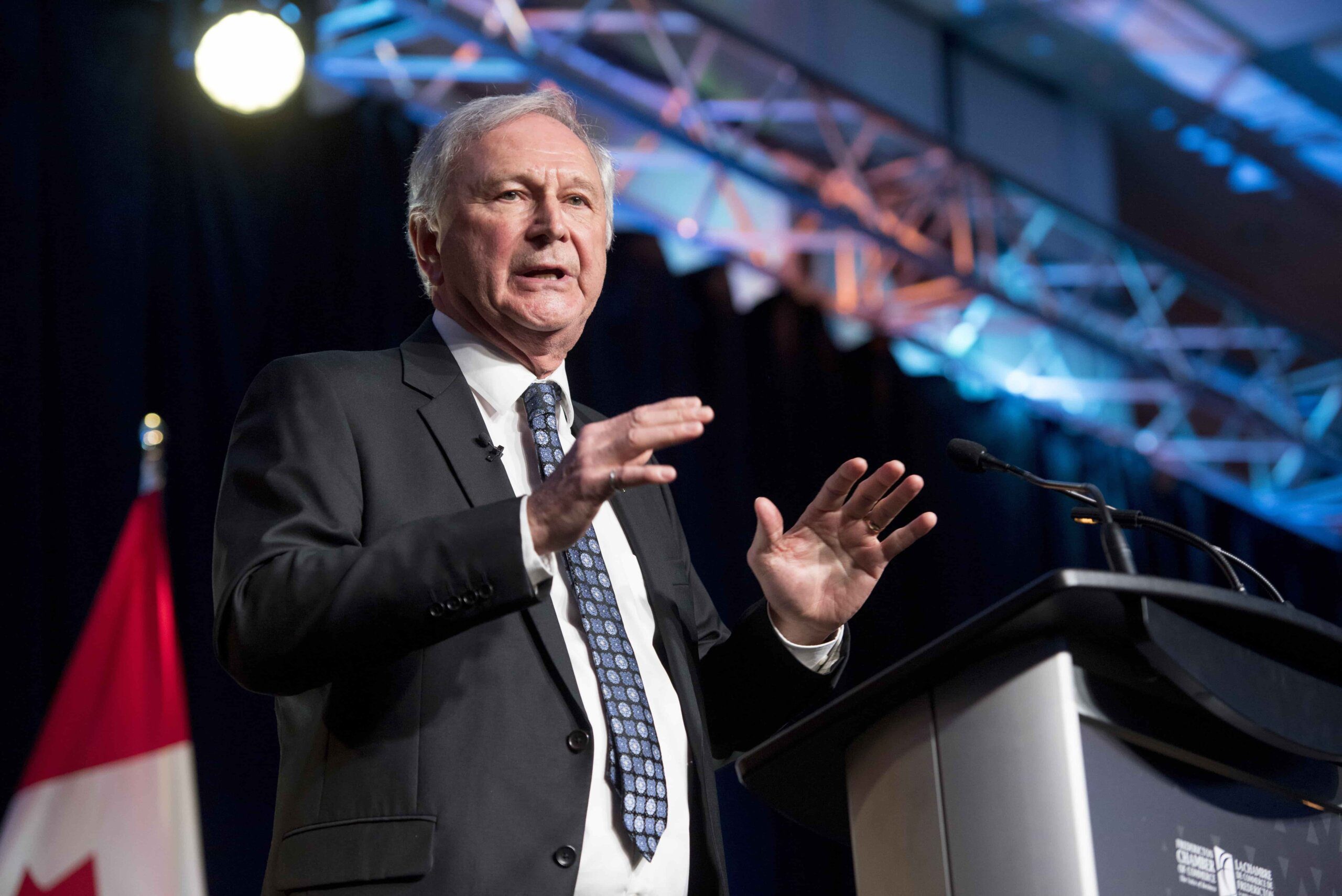On Thursday, June 15, the New Brunswick government released its update of Policy 713, which initially, in 2020, strove to foster a safe and welcoming environment for LGBTQ2S+ students. Under the reviewed policy, however, trans and non-binary youth under the age of 16 will not be allowed to use their chosen name and pronouns in any school record, including class lists, without parental consent. The revised policy effectively creates a parental veto on trans inclusion in schools. As a legal scholar whose research focuses on trans youth, I am concerned that the policy will cause grave harm to trans students and violate their human rights.
Canadian law has long recognized the emerging autonomy of minors. In the 2009 case of AC v Manitoba, the Supreme Court ruled that a minor’s views are determinative of their best interests if they are sufficiently mature. In such cases, youth are constitutionally entitled to “exercise personal autonomy in making medical treatment decisions free of parental or judicial control.” This right is important because, among other things, it prevents parents from forcing a pregnant minor to give birth. If youth have a right to make life-or-death decisions, they certainly have the right to decide their pronouns and name.
Even when youth cannot demonstrate full autonomy, the Convention on the Rights of the Child, which Canada has ratified, provides that the best interests of the child “shall be the paramount consideration,” not the parent’s views. In determining the best interests of the child, “the views of the child being given due weight in accordance with the age and maturity of the child.” Studies show that trans youth know themselves from a young age and rarely express regret with social transition, even in the relatively rare instances where they later re-identify with the gender they were assigned at birth. By adopting a policy that puts parental views above the best interests and autonomy of trans students, New Brunswick’s new policy runs afoul of AC v Manitoba and of Canada’s international obligations.
Policy 713 is also inconsistent with trans youth’s equality rights under the Canadian Charter of Rights and Freedoms. Youth who are not trans do not need parental permission to have their gender identity respected at school. Only trans youth need parental consent—a clear marker of discrimination. Studies show that around 75 percent of parents initially react negatively to their trans child’s coming out, suggesting that many trans students will be unable to secure parental consent. Research has consistently found that trans people who are not supported in their gender identity are at much higher risk of anxiety, depression and suicidality, even at a young age. For youth who aren’t out to their parents, the policy creates an intractable bind: face rejection at school or risk being put through conversion therapy or kicked out by their parents. Human rights tribunals across Canada have already recognized that misgendering a trans person violates human rights law. Some licensing bodies for teachers have also recognized that misgendering students is discriminatory. Because of their vulnerability, discrimination against youth is particularly reprehensible.
New Brunswick’s revised policy is part of a troubling rise in hatred and legal persecution directed toward trans youth. Not long ago, Alberta politician Jennifer Johnson compared trans youth to excrement—dehumanizing rhetoric that should be roundly refused by Canadian society. Despite her comments, she was re-elected to the provincial legislature. In the U.S., religious conservative governments have begun attacking drag events, criminalizing medical care that has long been endorsed by medical professionals and legalizing the forcible removal of trans youth from supportive families. Some politicians have even gone so far as to call for the eradication of trans people from society. Attacks like these have no place in a society that proclaims itself free, equal or democratic. Will we allow hatred to foment among us, or will we take a firm stand against discrimination, persecution, and genocidal rhetoric targeting trans communities?
New Brunswick’s discriminatory policy infringes upon the constitutional rights of trans youth and violates Canada’s international obligations. It will cause trans students immense harm. Although the policy is likely to be struck down by courts, given the concerns sketched above, the judicial process is slow and the damage will already be done. Harming even one trans or non-binary student is one too many. If the New Brunswick government has any decency, it will repeal its new policy and recognize trans students’ right to autonomy, dignity and equality.


 Why you can trust Xtra
Why you can trust Xtra


